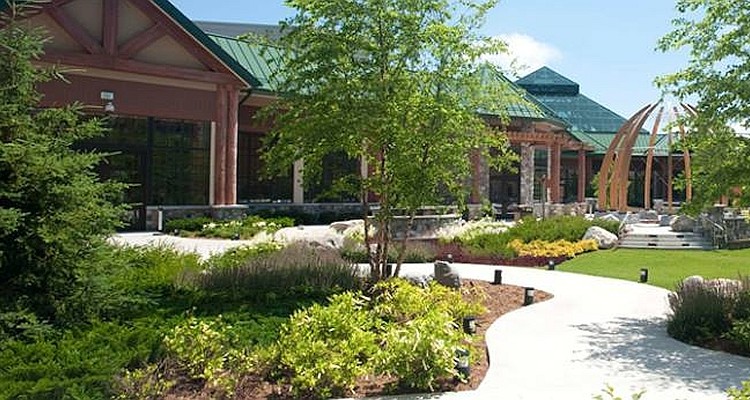American Indian tribes have long contended that business conducted on tribal lands is sovereign and not subject to federal labor laws. Last week on June 4th the National Labor Relations Board (NLRB) seemed to agree when they issued a decision favoring the Chickasaw Nation of Oklahoma who claimed the tribe’s WinStar World Casino was not subject to the National Labor Relations Act (NLRA).
However this week on Tuesday the 6th Circuit Court of Appeals issued a verdict that said that the NLRB was correct in asserting their jurisdiction over the Little River Band of Ottawa Indians’ Little River Casino Resort in Manistee, Michigan.
The court’s reasoning in this case seemed to center around the fact that most patrons and employees of the casino are not tribal members, so imposing jurisdiction does not infringe upon the tribe’s sovereignty.
“The right to conduct commercial enterprises free of federal regulation is not an aspect of tribal self-government,” the majority decision stated. “And Indian tribes are not shielded from general federal statutes because the application of those statutes may incidentally affect the revenue streams of tribal commercial operations that fund tribal government.”
Writing for the majority, Judge Julia Smith Gibbons said that tribal governments are not immune from generally applicable congressional statutes, “the band is not a state, and tribal sovereignty and state sovereignty are built on different foundations and are accorded different protections in our constitutional order.”
The dissenting judge, David McKeague left no doubt that in his opinion the matter is far from settled, “In the process, we contribute to a judicial remaking of the law that is authorized neither by Congress nor the Supreme Court.”
In related news from Washington D.C. the Senate Indian Affairs Committee approved the Tribal Labor Sovereignty Act (S.248) which would give tribes the same immunity from the NLRA that states and local governments enjoy. The bill was sponsored by Kansas Senator Jerry Moran who said, “Tribal governments deserve and, in fact, are entitled by law to have parity alongside other governments.”
UNITE Here members were not in agreement and gathered to protest the action. Union spokesperson, Maria Elena Durazo related in a press release that the bill would strips American workers of rights on tribal lands.
When found to not be under the jurisdiction of the NLRB, tribal businesses are not required to let workers organize for collective bargaining purposes. Workers may be fired, threatened with job reduction or loss, and even put under surveillance if suspected of participating in union activities.
Before the issue would be heard by the United States Supreme Court, it is likely that a larger panel of judges, known as an en banc session, would rehear the case.


